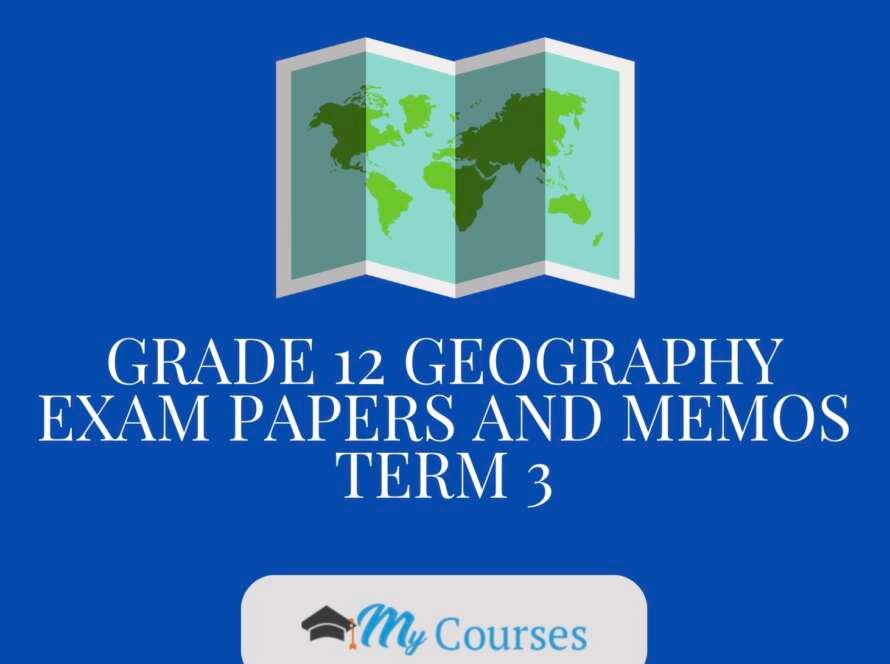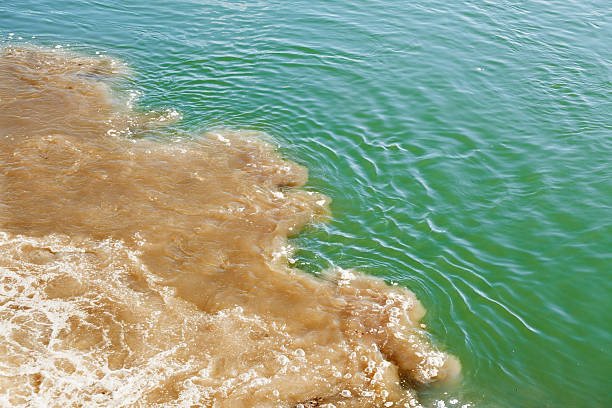Geography Grade 12 Term 2 2024 Research Tasks from different South African provinces:
The Geography Grade 12 Term 2 2024 Research Tasks from different South African provinces represent a significant component of the curriculum aimed at deepening students’ understanding of geographical concepts and the diverse environmental, social, and economic landscapes within South Africa. These tasks are designed to encourage critical thinking, research skills, and a comprehensive grasp of geography’s role in shaping societies and natural environments.
The main objective of these research tasks is to enable Grade 12 learners to apply theoretical knowledge to practical, real-world situations, thereby fostering a deeper appreciation and understanding of South African geography. By focusing on different provinces, students are exposed to the country’s rich diversity, including its varied climates, topographies, population distributions, and developmental challenges.
Geography Grade 12 Term 2 2024 Research Tasks
Please upload the Geography Grade 12 Term 2 2024 Research Task document below so that we can get teachers to help you:
Gauteng 2024 Term 2 Research Task
Limpopo 2024 Term 2 Research Task – Tropical Cyclones
Topics you can choose from:
- Tropical cyclones Hagibis
- Tropical cyclones Freddy
- Tropical cyclones Nivar
- Tropical cyclones Ingrid
- Tropical cyclones Florence
- Tropical cyclones Eloise
Relevant Resources:
- Why do Tropical Cyclones Develop in Late Summer?
- What is the impact of coriolis force and latent heat on the development of tropical cyclones?
Task Overview
Students are expected to select a specific theme or topic related to South African geography that aligns with the curriculum’s focus for Term 2. This theme could range from climate change impacts on agricultural practices in a particular province, to urban development and its environmental consequences, or the analysis of demographic shifts and their implications for regional development.
Research Components
The research tasks typically involve several key components, including but not limited to:
- Literature Review: Gathering information from various sources to establish a solid foundation on the chosen topic.
- Data Collection: Utilizing both primary and secondary data sources, such as surveys, interviews, government reports, and academic journals, to gather relevant data.
- Analysis: Applying geographical concepts and theories to analyze the collected data, drawing connections between the data and the research question.
- Conclusions and Recommendations: Drawing informed conclusions based on the analysis and suggesting practical recommendations or solutions to identified issues.
Submission and Assistance
Learners are instructed to upload their completed research tasks to a designated platform or submit them directly to their teachers. This submission process is crucial as it allows educators to review the work, provide valuable feedback, and offer personalized assistance where necessary. Teachers play a vital role in guiding students through their research, helping them to refine their topics, methodologies, and analyses to ensure that the tasks are both informative and reflective of high academic standards.
Benefits
Participating in these research tasks offers numerous benefits to students, including:
- Enhanced Research Skills: Students refine their ability to conduct thorough research, an invaluable skill for further education and professional development.
- Critical Thinking: Analysing geographical data and issues promotes critical thinking and problem-solving skills.
- Real-World Application: By focusing on real-world issues, students learn to apply theoretical knowledge in practical scenarios, preparing them for future challenges in their academic and professional lives.
- Awareness: Researching different provinces promotes awareness and appreciation of South Africa’s diversity and the unique challenges and opportunities within each region.






